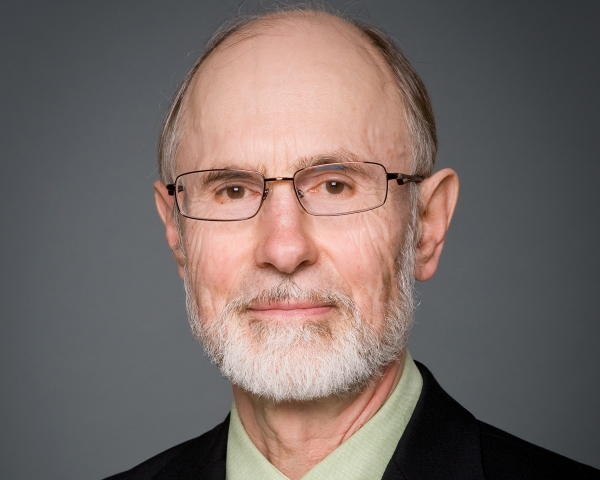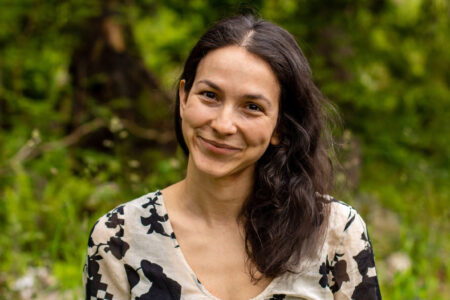COMMENT: Taxes and Their Role in Our Society
It seems that no one likes to pay taxes, yet taxes buy the goods and services we use together in our communities. For example, it would be difficult to pay for the fire or police department individually, or schools, hospitals or roads. Historically, income taxes have been used to reduce inequality, with top earners paying a higher percentage of their incomes than those who earn less.
BC’s tax system has changed significantly in the last 15 years. Our tax revenue has fallen relative to the size of the provincial economy, from 11.6 percent of GDP in 2000-01, to 10 percent in 2011-12. This change amounts to a loss of $3.5 billion a year.
The taxes paid by both corporations and the wealthy have decreased, while middle- and low-income individuals pay both more user fees and a greater proportion of their incomes than those who earn more. Taxes in BC are the lowest in Canada, the rationale being to boost the economy. However, this has not happened. In fact, in 2010 BC was fifth of the 10 provinces in economic performance, fourth in personal income, seventh in jobs and ninth in social conditions.
Lower tax revenues do affect social conditions. BC has the highest poverty rate in Canada, the second-highest child poverty rate and the highest rate of income inequality. If BC taxed personal income at the average provincial rate, the provincial coffers would have $2.4 billion more annually!
In 2012 Environics Research Group did a survey of over 1,000 people in Metro Vancouver, Nanaimo and Kamloops. While the respondents underestimated the extent of income inequality in Canada, most wanted to reduce inequality significantly. Predictably, a majority wanted to increase taxes on incomes over $100,000.
Interestingly, when asked if they were willing to pay more BC income tax themselves to achieve some specific goals, 69 percent of the respondents were willing to pay more taxes to provide wider access to home- and community-based health care services for seniors, while 61 percent were willing to pay more to eliminate Medical Services Plan premiums.
Over the past years we have been constantly bombarded with the message that taxes are bad. Organizations such as the Canadian Taxpayers Federation and the Fraser Institute keep telling us that we are overtaxed, and that government should play less of a role in our lives. What they fail to explain, however, is how governments can maintain an acceptable level of services if their revenue is decreasing.
Even if Canada has the lowest corporate tax rate among western developed economies, our country has not seen a major investment by multinationals in research and development and job creation. In fact, the opposite has often occurred, where companies have left Canada to re-establish operations in the US.
A few years ago I showed the film narrated by Mary Walsh entitled Poor No More in a number of our communities. The film discussed how the corporate sector has been instrumental in convincing the federal and provincial governments to decrease taxes. In the film Mary Walsh visits Ireland and Sweden to compare life in those countries with that in Canada.
The question I often ask myself is why is it that Sweden has been able to have free childcare, university tuition and top-quality seniors’ care, while at the same time maintaining a strong economy? And at the same time, why is it that our average student debt in BC upon university graduation is $27,000, while schooling is free in Sweden? The answer, of course, is a different tax structure that is able to provide government with adequate revenue to look after its citizens. As one Swedish woman states in the film, “I love paying taxes.”
In my opinion, the time has come to have a serious debate on the role taxes play in our lives. Are we willing, for example, to pay a little more in taxes to ensure that we maintain a strong public health care system and adequate infrastructure in our cities and towns? Let’s ask ourselves this question as we enter into preparations for the 2015 federal election.

























